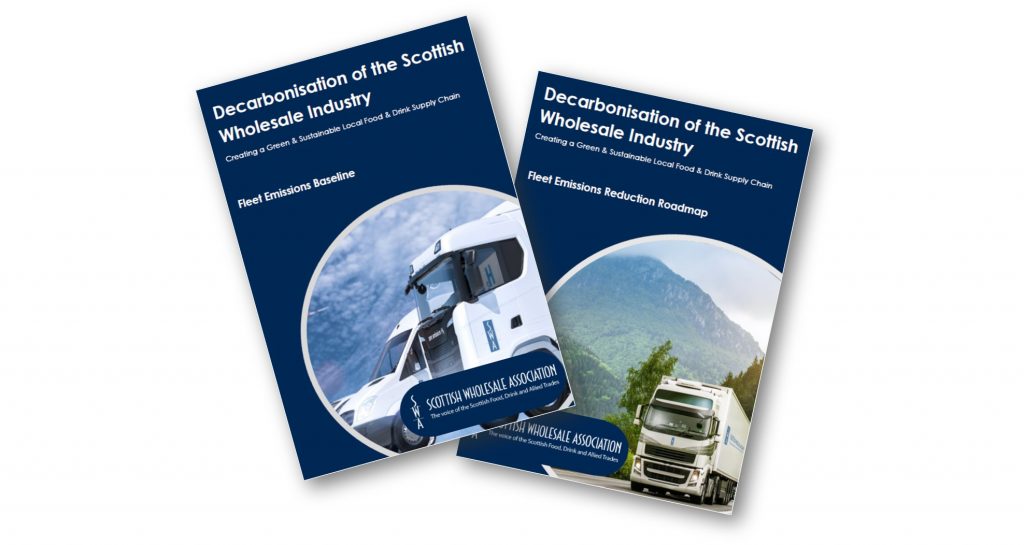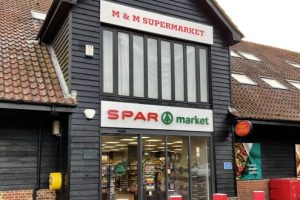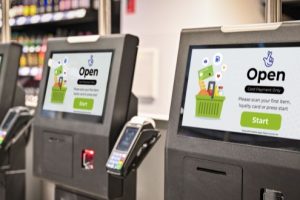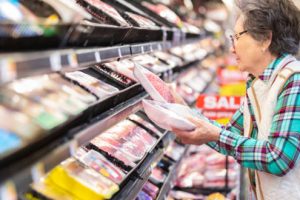Among its findings are that hydrogen powered vehicles are the only commercially viable alternative to current vehicles, but that their routine use is likely to be many years ahead.
The SWA’s profile of the haulage fleet involved in wholesale found that it consisted of 2,198 vehicles, with baseline carbon emissions of 11,000 tonnes of carbon dioxide (CO2) per year.
Other statistics included:
- 75% of the sector’s total fleet emissions are from HGVs.
- HGVs account for 48% of the total fleet and represent more than 3% of all the HGVs registered in Scotland.
- There are currently no commercially viable zero-emission HGVs available in the UK.
- Hydrogen-powered vehicles would appear to be the only commercially viable option for HGVs but adoption is many years away.
- The prohibitive cost of vehicles/adaptation, and lack of fuelling infrastructure, is preventing wholesalers transitioning to hydrogen.
- Vans account for 16% of the total fleet and contribute to 17% of total fleet emissions.
- 46% of vans are refrigerated but there are currently no commercially viable electrically refrigerated vans available.
Colin Smith, SWA chief executive, said: “This project is one of the most detailed undertaken by any sector involved in logistics and haulage, and is based on real data and evidence, compiled direct from our members.”
Smith said that the findings of the survey “shine a spotlight on the barriers and challenges facing food and drink wholesalers” in reducing their carbon footprint.
He added: “We need the Scottish Government is to provide financial support for wholesalers to implement, a wholesale industry-wide driver efficiency training programme to reduce emissions.
“Some of our members are already using tools to help reduce emissions through driver efficiencies but we need more financial support to enable more wholesalers, particularly smaller ones who have suffered so much over the past 18 months, to join us on this important journey.”
The SWA is also asking for wider financial support from Government to set up a wholesale fleet audit service, enable the transition to green fleets, and for research that will help identify further routes to efficiencies with the wholesale sector.
Phase two of the SWA’s project on de-carbonisation will focus on wholesalers’ buildings and cold storage.
 Talking Retail Grocery and product news for independent retailers
Talking Retail Grocery and product news for independent retailers






